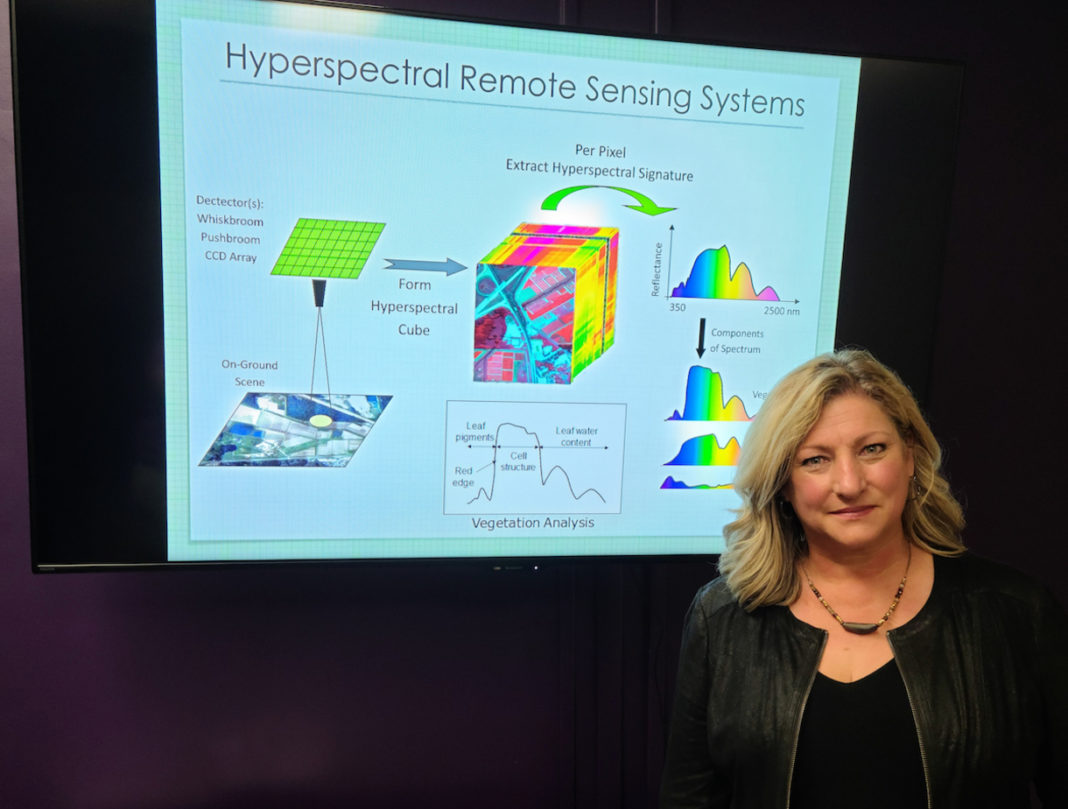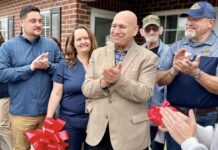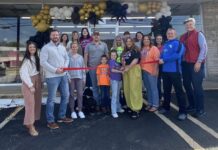
COOKEVILLE – Tennessee Tech provost Lori Bruce is accustomed to giving lectures. One of the distinguished lecturers of the geoscience and remote sensing society of the Institute of Electrical and Electronics Engineers, Bruce normally has a few hundred to speak to at an event.
Earlier this week, however, her research reached thousands. Bruce gave an online presentation “Hyperspectral Remote Sensing with Applications of UAVs for Precision Agriculture,” which reached more than 14,000 people.
“It might be surprising that many people around the world would be so interested in such a specific research lecture,” said Bruce. “But it is actually a popular area that is moving from research to operations. We have developed the technology to a point that it is now becoming affordable enough for practical use in precision agriculture.”
The talk given by Tech’s vice president for academic affairs was hosted by IEEE USA and logistically facilitated by Beijing Normal University. More than 8,000 graduate and Ph.D. students pre-registered for the event. But many more joined in online.
“Your lecture is widely praised by students,” said Hongmin Zhou, a faculty member of Geographical Science at Beijing Normal University. “According to incomplete statistics, there were 14,696 students and faculty who watched the lecture on three live broadcast platforms. It was amazing.”
Bruce spoke for an hour-and-a-half before answering questions from students from more than 20 countries.
“We got hundreds of questions,” said Bruce. “The questions ranged from very mathematical and physics questions from Ph.D. students all the way to very introductory questions from someone who might be new to the field. It was exciting to have that many people interested in the research and who hung in there to the end of the talk.”
Holding the title of professor of electrical and computer engineering at Tech, Bruce gives three or four such lectures world-wide each year. As provost, she provides leadership to and oversight of eight colleges and schools, offering bachelors, masters and doctoral programs.
“It is very fulfilling as a faculty member, and I am still a faculty member at heart, that when we do research we can see an immediate impact to society,” said Bruce. “The research may be very physics-based with high level math and computer algorithms, but it’s very exciting when you put that kind of work into something and then you can immediately see applications that benefit society. It’s very satisfying.”








